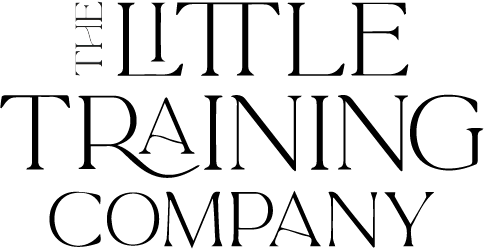Top 5 Public Speaking Mistakes
Even though most people don’t enjoy public speaking, there are strategies to doing it well. You don’t have to be a professional speaker to make an impact on your audience. One way to feel most comfortable speaking in front of others is to recognize and avoid these top 5 mistakes.
1. Memorizing or reading your entire presentation. Your audience came to hear you speak to them - not read or deliver a rote, memorized performance. Your responsibility is to communicate with your audience, not at them. By treating your audience as if you were having a conversation in your living room, you will find that you are much more comfortable and in better control of your nervousness.
2. Not knowing your material. If you are not familiar with your words or how your speech or presentation is meant to flow, then you are more likely to make more errors. Making a mistake or two is not the issue - making a lot of them is!
3. Speaking too fast. Controlling your speed is extremely important if you expect your audience to be able to understand what you are saying. Listening to someone move at 100 mph takes much more energy than listening to them at 75! Incidentally, talking at a furious pace saps your energy as well. Plus, if you speak to fast, your audience may not be able to keep up with you.
4. Staring at an object on the wall. You should not focus your attention on a spot on the wall or above the heads of your audience. They can tell you aren’t looking at them! Look the audience in the eye. Make that contact with your listeners, and you will then be aware of their reaction to you. Remember, public speaking is a form of communication. If you are not making eye contact, then you are not communicating.
5. Running Out of Air. Breathlessness on the podium is one of the most common mistakes made because many novice speakers do not think to breathe. If you wait until you are totally out of breath, you will then be required to inhale a huge amount of air in order to fill your lungs. In doing so, you will experience breathlessness and a tightness in your chest. My advice is to learn to breathe with the support of your diaphragm - truly the best means of controlling nervousness - and then practice supplementing your air supply before you are depleted.
These 5 common mistakes can be easily rectified if you know your material, converse with your audience, learn how to control your speed, make eye contact with your listeners and remember to breathe.
